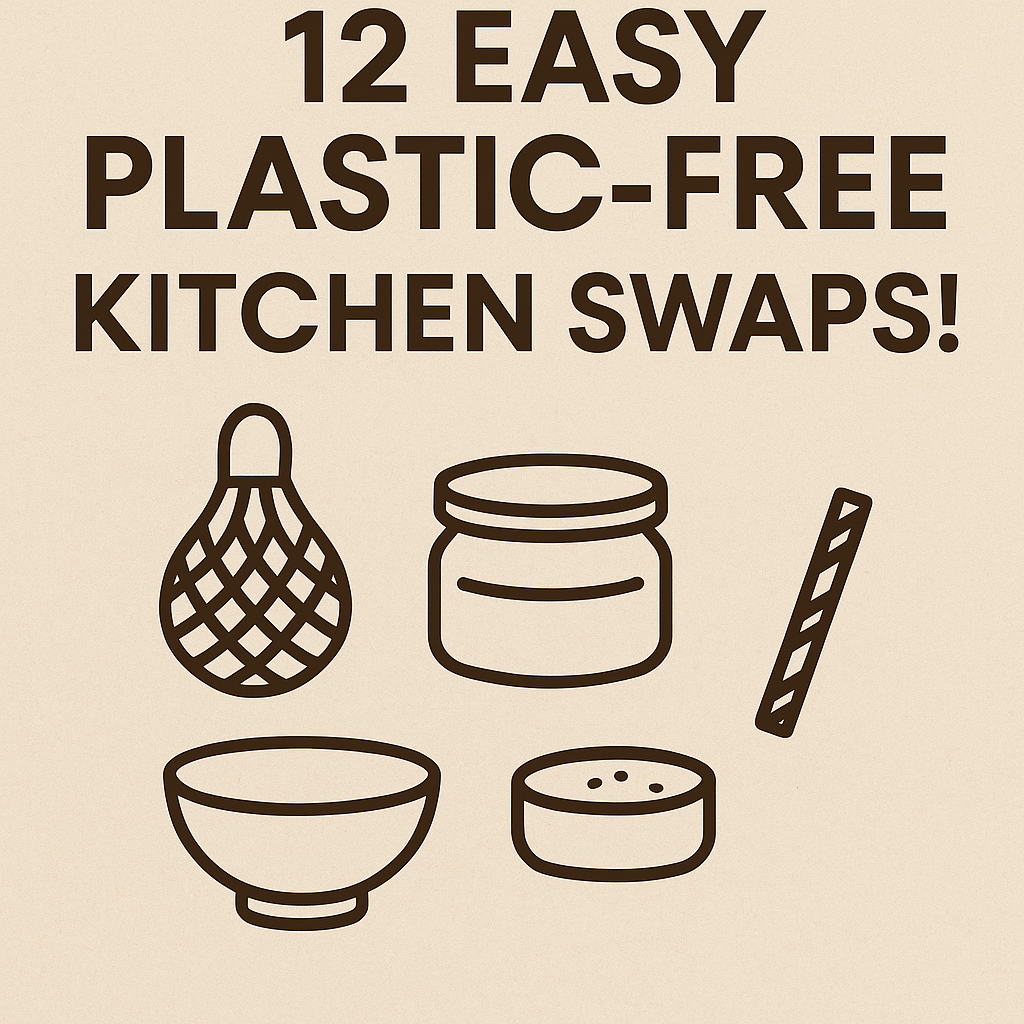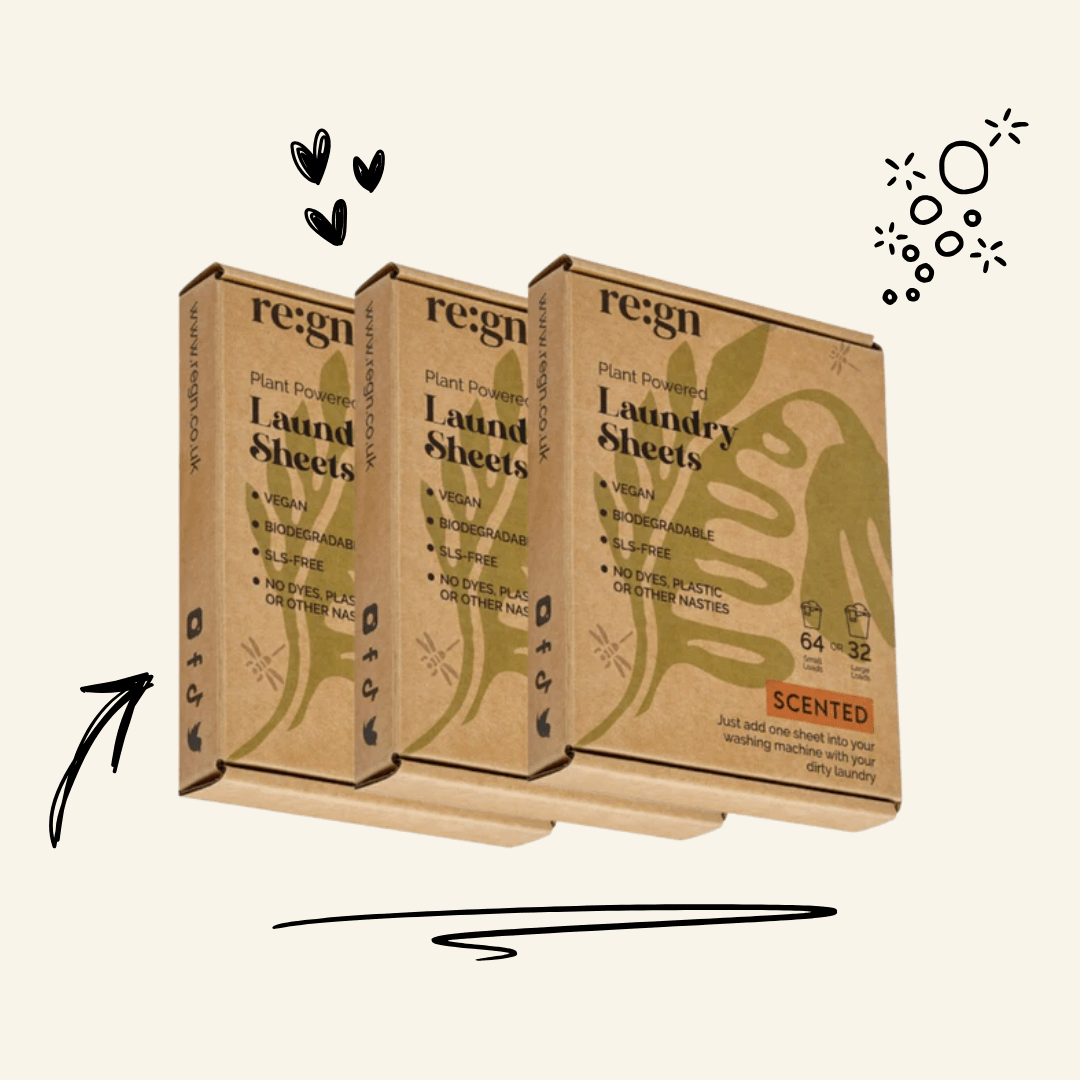Buy Less
A zero waste lifestyle parallels with minimalistic principles because a big component of the lifestyle is just generally buying less. Buying less means you’re demanding less products to be made, meaning less resources and energy is demanded to make products. By demanding less resources, you’re reducing emissions related to product production and transport, as well as resource extraction. So, when you buy less, you’re helping the earth and spending less money at the same time. It’s a win-win.

Buy Used
Thrifting is a big aspect of a zero waste lifestyle, not only because it lessens your environmental impact, but also because it’s so cheap. Thrifting means you aren’t demanding any more new products to be made, so you’re saving resources and emissions. You can also buy a dress at thrift shop for less than half the price as a new one. By buying used you also aren’t supporting the fast fashion industry- one of the most wasteful, unethical, and polluting industries in the world. Thrifting will save you money, save the earth, and it’s a fun way to find some unique clothes.

Buy Bulk
Buying bulk foods not only cuts down on food packaging waste, but it can also save you money. When you buy from bulk bins, you don’t have to account for the cost of packaging, meaning the products are (generally) cheaper. You also only have to buy what you need, so you won’t waste any money on food you don’t need. This also cuts down on food waste.

Buy Local
If you buy produce locally from the farmers market, you’re probably getting some of the best organic produce around at one of the best prices available. Produce at a farmers market doesn’t have to be transported as far as most of the produce you’ll find in a traditional grocery store, so that cost is cut out of the product. One study showed that organic produce is around 40% cheaper at farmers markets than at traditional grocery stores.

Don’t Buy Single Use
The zero waste lifestyle contains little single-use, disposable products, and instead favors reusable products made out of materials like cloth, metal, and wood. While reusable products are generally a bigger investment upfront, they can save you a ton of money in the long run. Switching plastic water bottles for a reusable water bottle can save the average family $6,000 over 5 years, and similar savings can be found by switching from disposable paper products like napkins and paper towels to reusable cloths.





